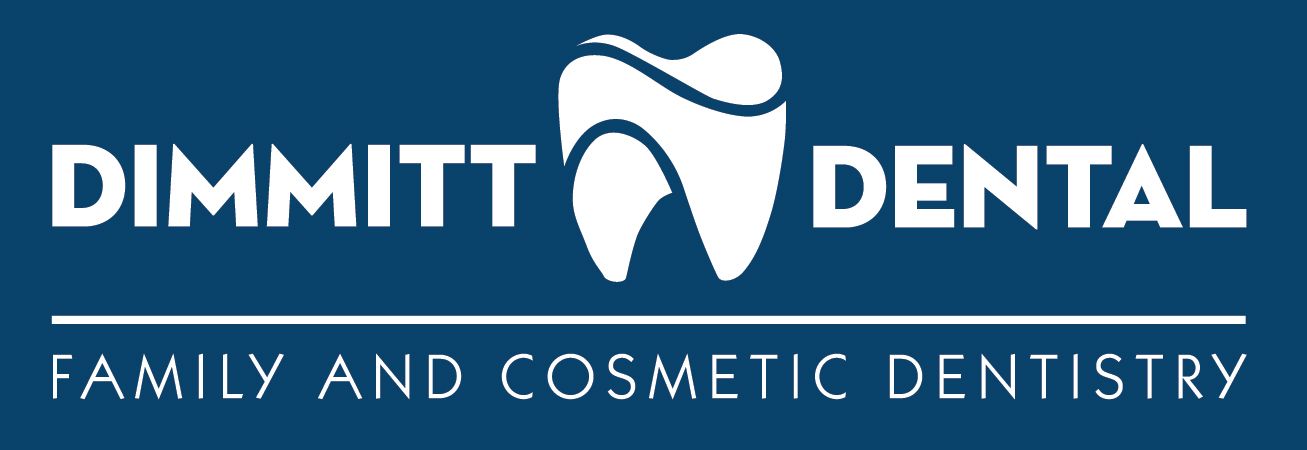The Impact of Nutrition on Oral Health: Foods to Eat and Foods to Avoid
A well-balanced diet is essential not only for overall well-being but also for maintaining optimal oral health. As a family and cosmetic dentist in Dimmitt, TX, Dimmitt Dental is committed to empowering our patients with the knowledge required to make informed decisions about their family's dental health.
The foods and beverages we consume daily can significantly affect the health of our teeth and gums. A diet high in sugar, acidic foods, and processed carbohydrates can contribute to tooth decay and gum disease, while specific vitamins and minerals found in a well-balanced diet can aid in maintaining strong, healthy teeth and gums. Understanding the connection between nutrition and oral health is critical for making informed dietary choices and maintaining a lifetime of healthy smiles for your entire family.
In the following sections, we will explore various aspects of nutrition, focusing on specific food groups, nutrients, and eating habits that can promote or hinder oral health. By making mouth-healthy food choices, you will support your family's overall well-being and contribute to the longevity and beauty of their smiles.
The Benefits of a Well-Balanced Diet for Oral Health
A well-balanced diet is essential for ensuring strong, healthy teeth and gums. Consuming a variety of foods from different food groups, rich in essential nutrients, can help prevent tooth decay and gum diseases. Some critical food groups and nutrients that contribute to improved oral health include:
1. Dairy products: Calcium-fortified dairy products, such as milk, cheese, and yogurt, help strengthen tooth enamel and promote healthy gums.
2. Protein sources: Meat, poultry, fish, eggs, and legumes provide valuable nutrients, such as phosphorus and protein, which contribute to strong teeth and overall oral health.
3. Fruits and vegetables: Nutrient-dense fruits and veggies, such as leafy green vegetables and berries, are rich in vitamins A, C, and other essential antioxidants that help protect your teeth and gums from harmful bacteria and inflammation.
4. Whole grains: Whole grain bread, pasta, and rice are packed with essential vitamins and minerals that promote overall oral health and reduce the risk of gum diseases.
Foods and Beverages to Avoid for Better Oral Health
While many nutritious foods contribute positively to dental health, some food items and beverages can pose risks. Foods and beverages to avoid or consume in moderation for better oral health include:
1. Sugary snacks and drinks: High sugar consumption is directly linked to tooth decay, as sugar feeds the harmful oral bacteria responsible for cavities. Limit sugar intake from candy, soda, and other sweet treats.
2. Acidic foods and beverages: Acidic foods and drinks, such as citrus fruits, tomatoes, and fruit juices, can erode tooth enamel over time, leaving teeth more susceptible to decay. Enjoy these items in moderation and rinse your mouth with water after consumption to neutralize acidity.
3. Sticky and chewy foods: Sticky and chewy foods, such as dried fruit, gummies, and caramel, can adhere to your teeth, leaving sugar on the tooth surface for extended periods, which can lead to cavities. Opt for healthier snacks like fresh fruit or nuts instead.
4. Starchy foods: Starchy foods, like chips and white bread, break down into sugar when consumed, contributing to plaque buildup and tooth decay. Choose whole grain alternatives and fiber-rich vegetables for healthier snacking.
Developing Healthy Eating Habits for Improved Oral Health
In addition to selecting mouth-healthy foods, adopting healthy eating habits is crucial for maintaining the optimal dental health of your family. Some best practices include:
1. Maintain a regular meal and snack schedule: Eating meals and snacks at consistent times can help minimize the time your teeth are exposed to sugars and acids, decreasing the risk of tooth decay and erosion.
2. Drink plenty of water: Drinking water throughout the day can help rinse your mouth of food particles, neutralize acids, and support natural saliva production, which is vital for maintaining a healthy oral environment.
3. Chew sugar-free gum: Chewing sugar-free gum after meals can help stimulate saliva production, cleansing your oral cavity and balancing out acidity that may have built up during mealtimes.
4. Avoid constant snacking and sipping: Frequent snacking and sipping on beverages throughout the day can prolong the exposure of your teeth to sugar and acid, increasing the risk of oral health issues. Stick to a regular meal and snack schedule, and choose water when you need a beverage between meals.
Promoting Oral Health Through Nutrition Education
Building awareness and understanding of the connection between nutrition and oral health is crucial for the lifelong well-being of your family. Encourage healthy eating habits in your home by:
1. Discussing the importance of nutrition for strong teeth and gums with your children.
2. Involving your family in meal planning and preparation, focusing on the inclusion of mouth-healthy food choices.
3. Establishing regular meal and snack times to create a healthy eating routine.
4. Encouraging water consumption and minimizing sugary, acidic beverages in your household.
Final Thoughts
Making informed food choices and adopting mouth-healthy eating habits can have a significant impact on maintaining your family's oral health. By understanding the connection between nutrition and dental well-being, you can create a supportive dietary environment that promotes strong, healthy teeth and gums for generations to come.
At Dimmitt Dental, our knowledgeable and compassionate team is devoted to providing comprehensive
dental services and education to help our patients achieve a lifetime of healthy smiles. If you have concerns about how your family's diet affects their oral health or would like to learn more about our dental services, don't hesitate to contact our experienced team of dental professionals.
HOURS
- Monday
- Closed
- Tue, Thu
- - -
- Wednesday
- -
- Friday
- - -
- Sat - Sun
- Closed
All Rights Reserved | Dentist Websites by Energize Group




